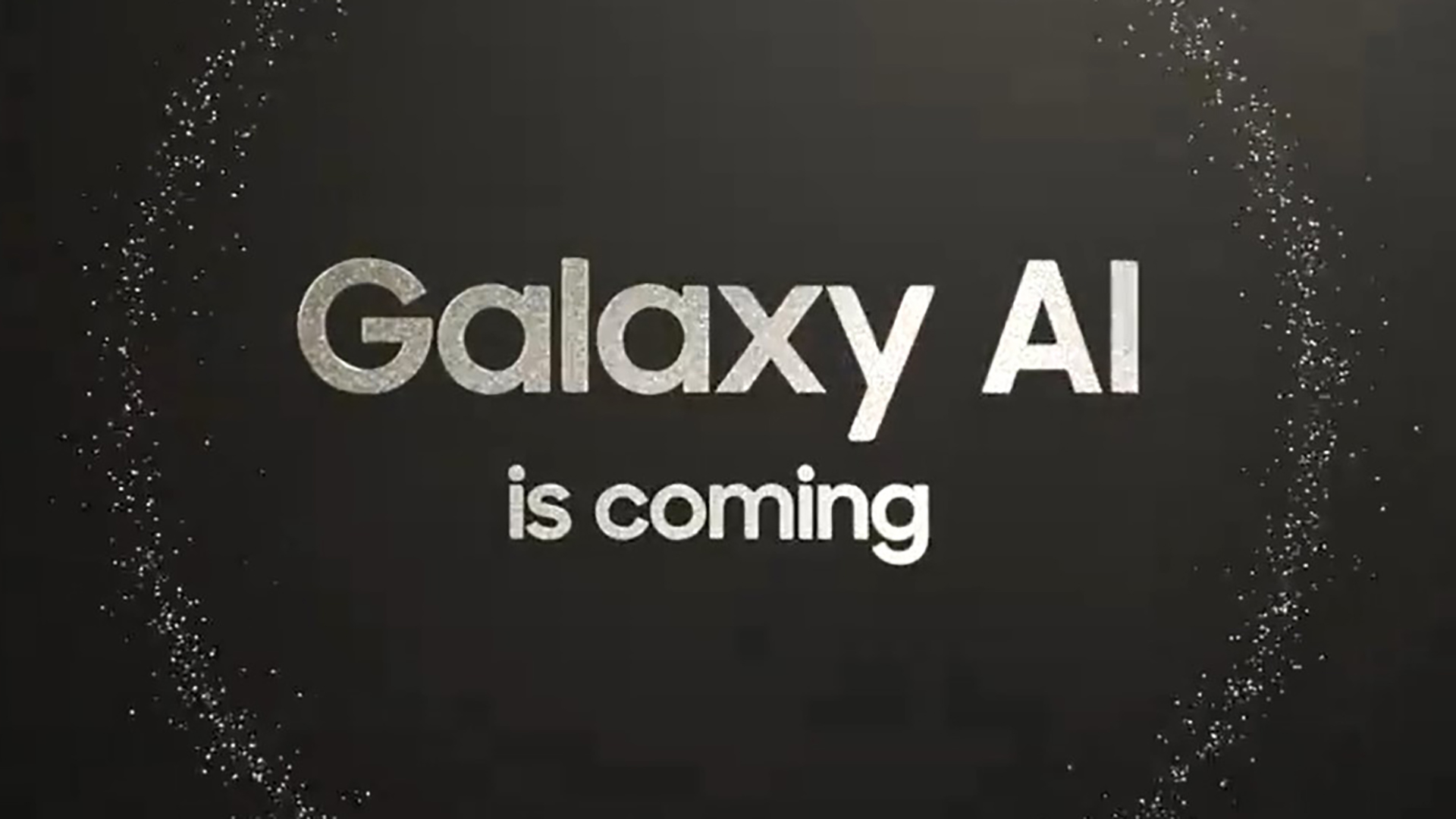Affiliate links on Android Authority may earn us a commission. Learn more.
Samsung Galaxy AI will debut with the Galaxy S24 series this month
Published onJanuary 2, 2024
- Samsung Australia accidentally confirmed the launch of Samsung Galaxy AI.
- We’ll see Galaxy AI on January 17 alongside the expected debut of the Galaxy S24 series.
- At least some Galaxy AI features will require an internet connection to work.
Earlier today, Samsung’s Australian X (formerly Twitter) account prematurely confirmed the date of the next Galaxy Unpacked. It appears that January 17 at 1:00 PM ET will be the first time we’ll see the Galaxy S24 series, on which we expect this Unpacked to focus.
Along with the date of Unpacked, the Australian post also confirms we’ll see the debut of Galaxy AI. Samsung already announced this new system back in November. However, it only said we’d see it “early next year,” which made us assume we’d see it with the Galaxy S24 launch. Now, thanks to the Samsung AU post, we are sure that’s what’s happening.
You can see the Galaxy AI teaser in the embed below:
Join Galaxy Unpacked on Jan 18th, 2024 at 5am AEDT and be the first to know what’s new in the Samsung Galaxy. #Samsung #GalaxyUnpacked #Galaxy #NewGalaxy #GalaxyAI— Samsung Australia (@SamsungAU) December 28, 2023
In the video clip, we see the logo for Galaxy AI, which, interestingly, looks a lot like the logo for Google’s Bard. It is unlikely there is any direct connection between the two, though.
The fine print of the clip also reaffirms that at least some of the Galaxy AI features will require an internet connection. To be clear, Samsung did previously confirm that at least some AI features will work on-device, but others will use cloud computing.
Galaxy AI will be based on Samsung Gauss, which we have only a little information on so far. We know it will have three tiers (Samsung Gauss Language, Samsung Gauss Code, and Samsung Gauss Image) and is currently used for “employee productivity.” However, we expect Galaxy AI to compete directly with similar tools, such as Bard, Microsoft’s Copilot, and, of course, ChatGPT.
